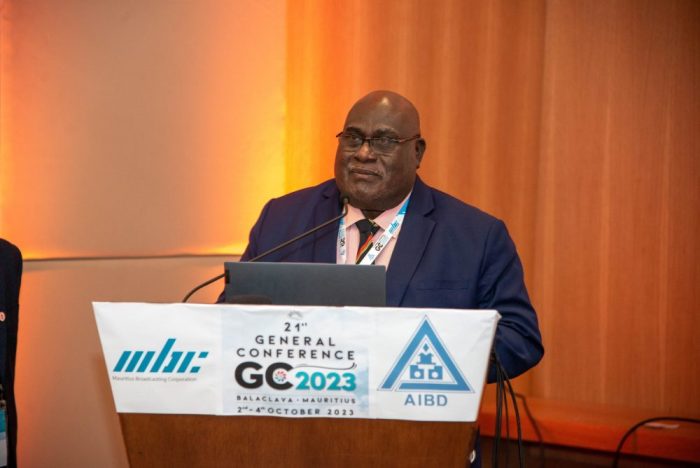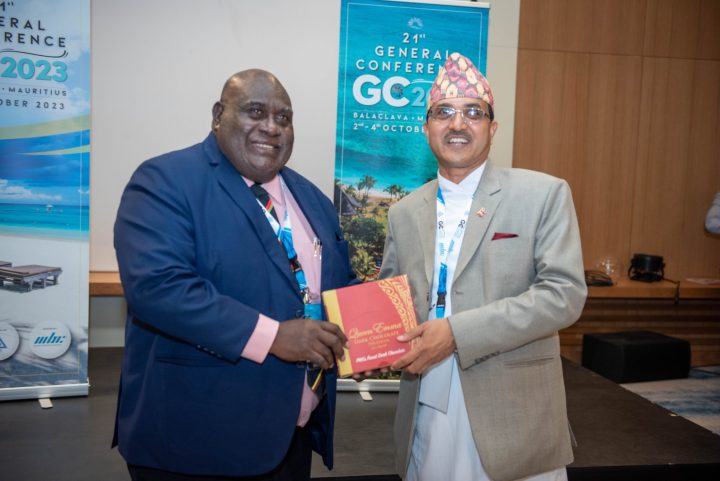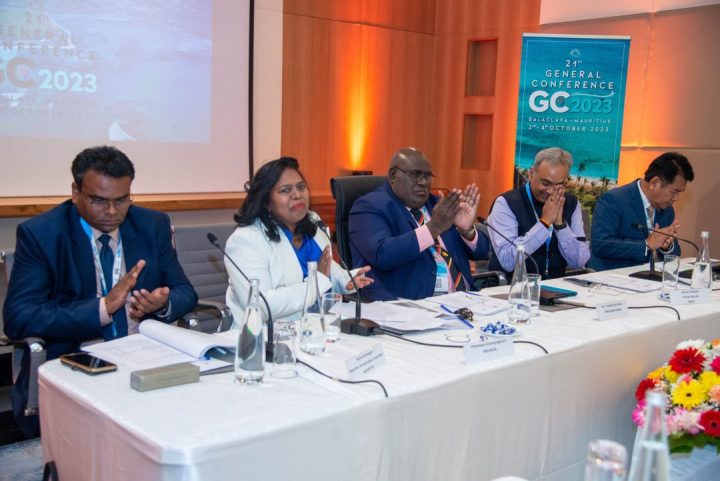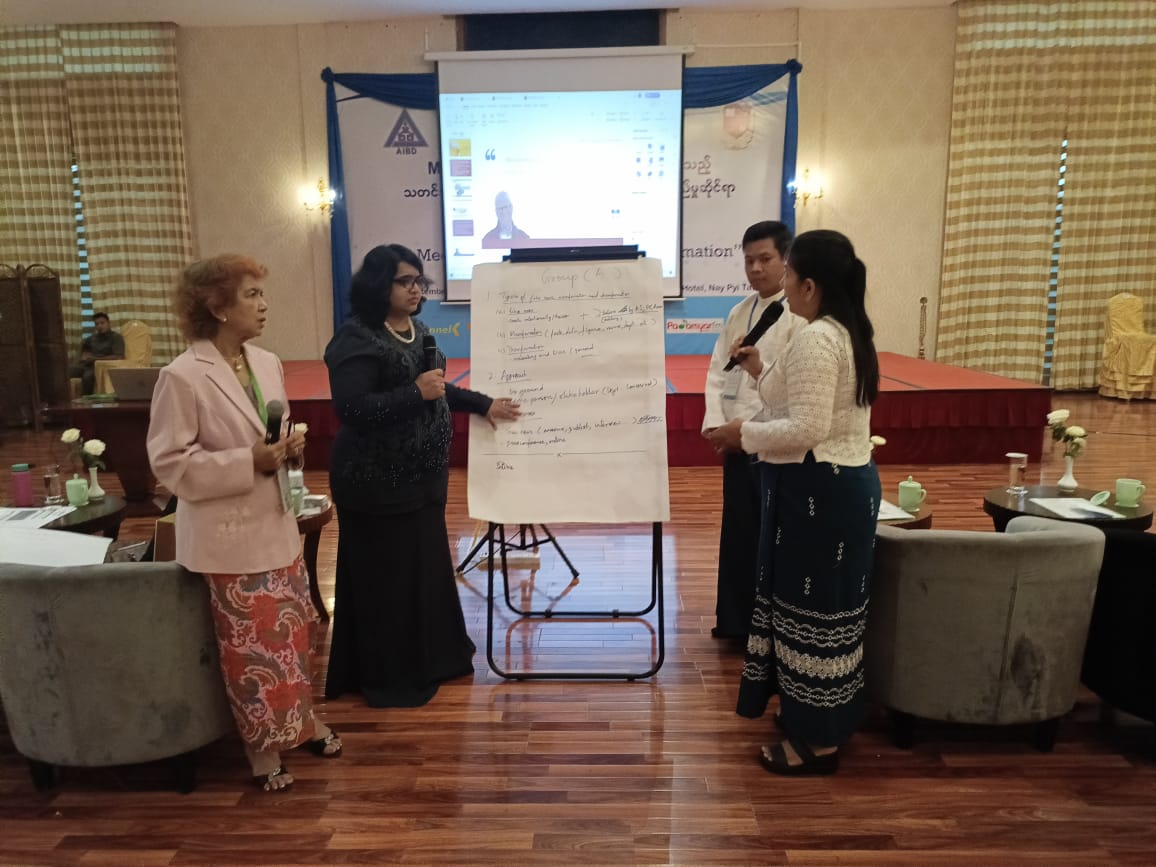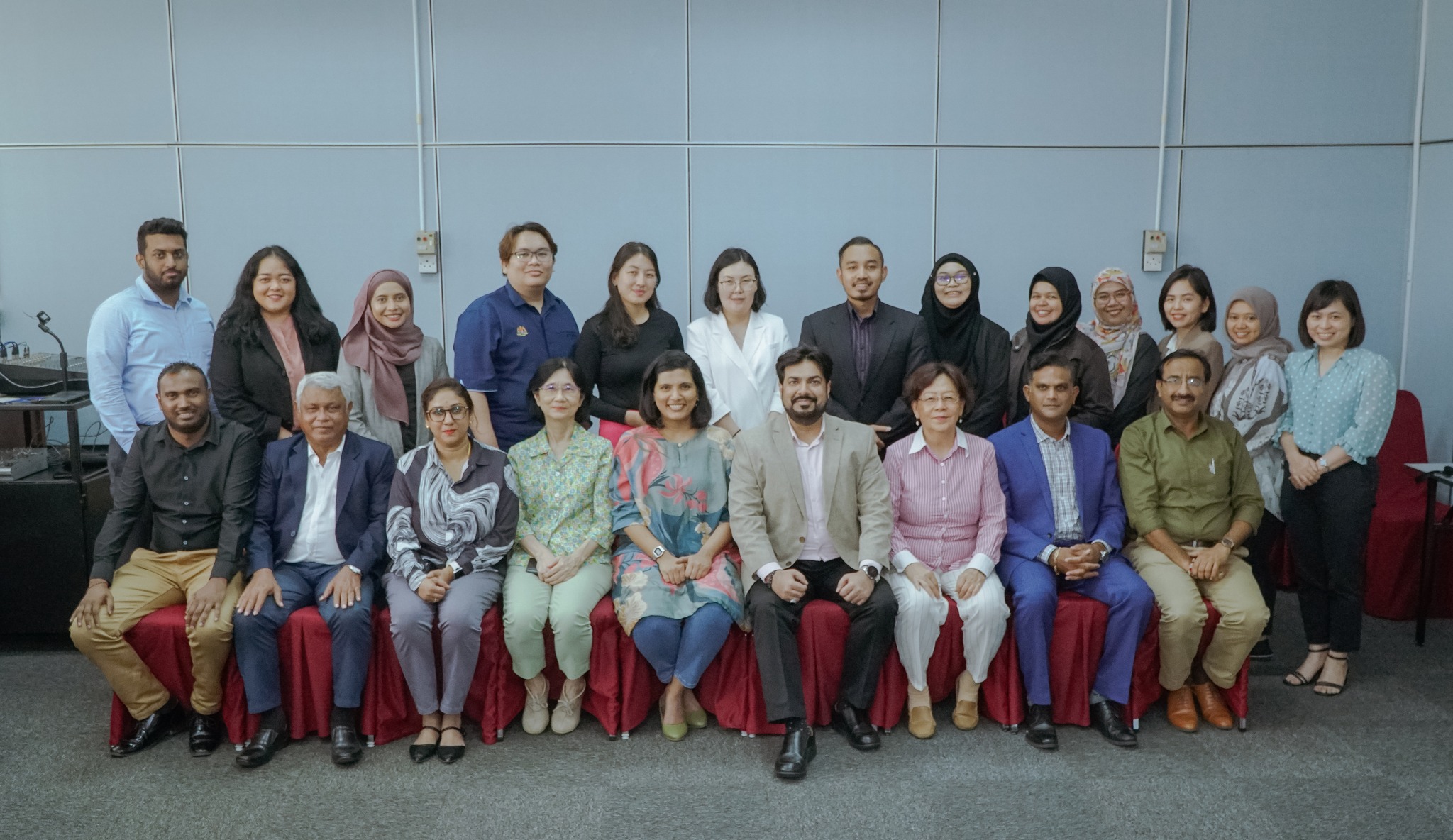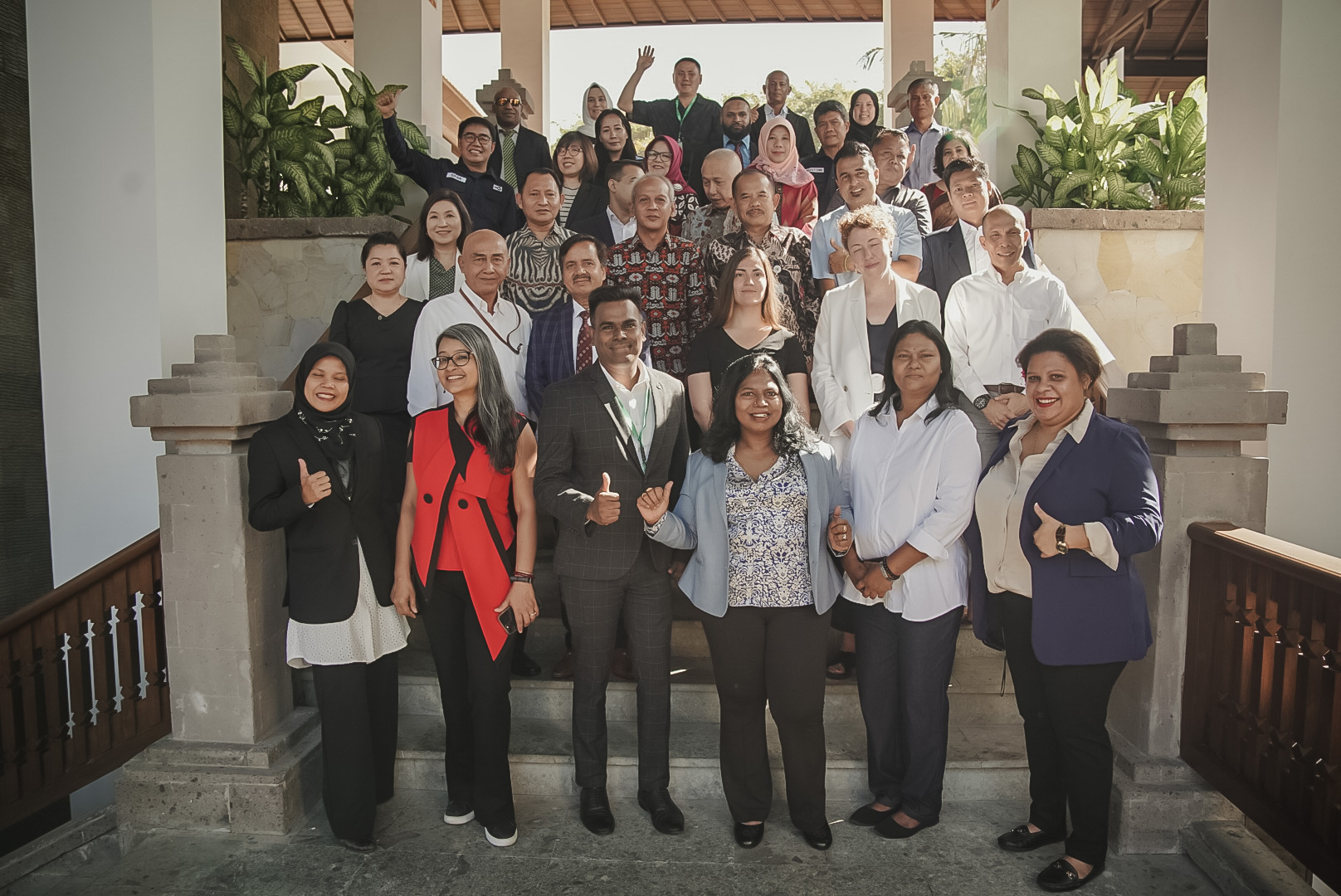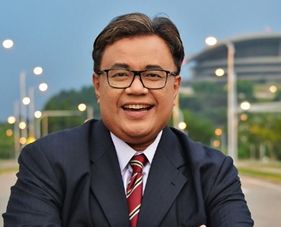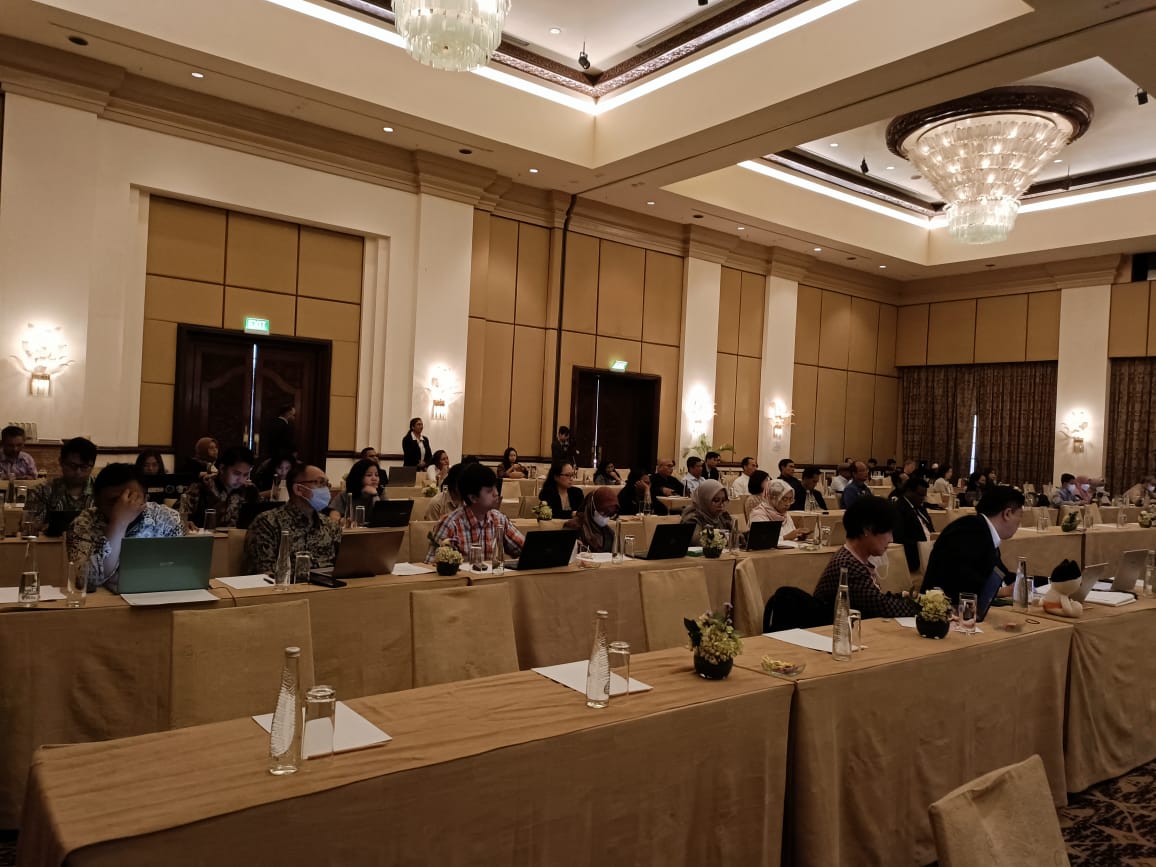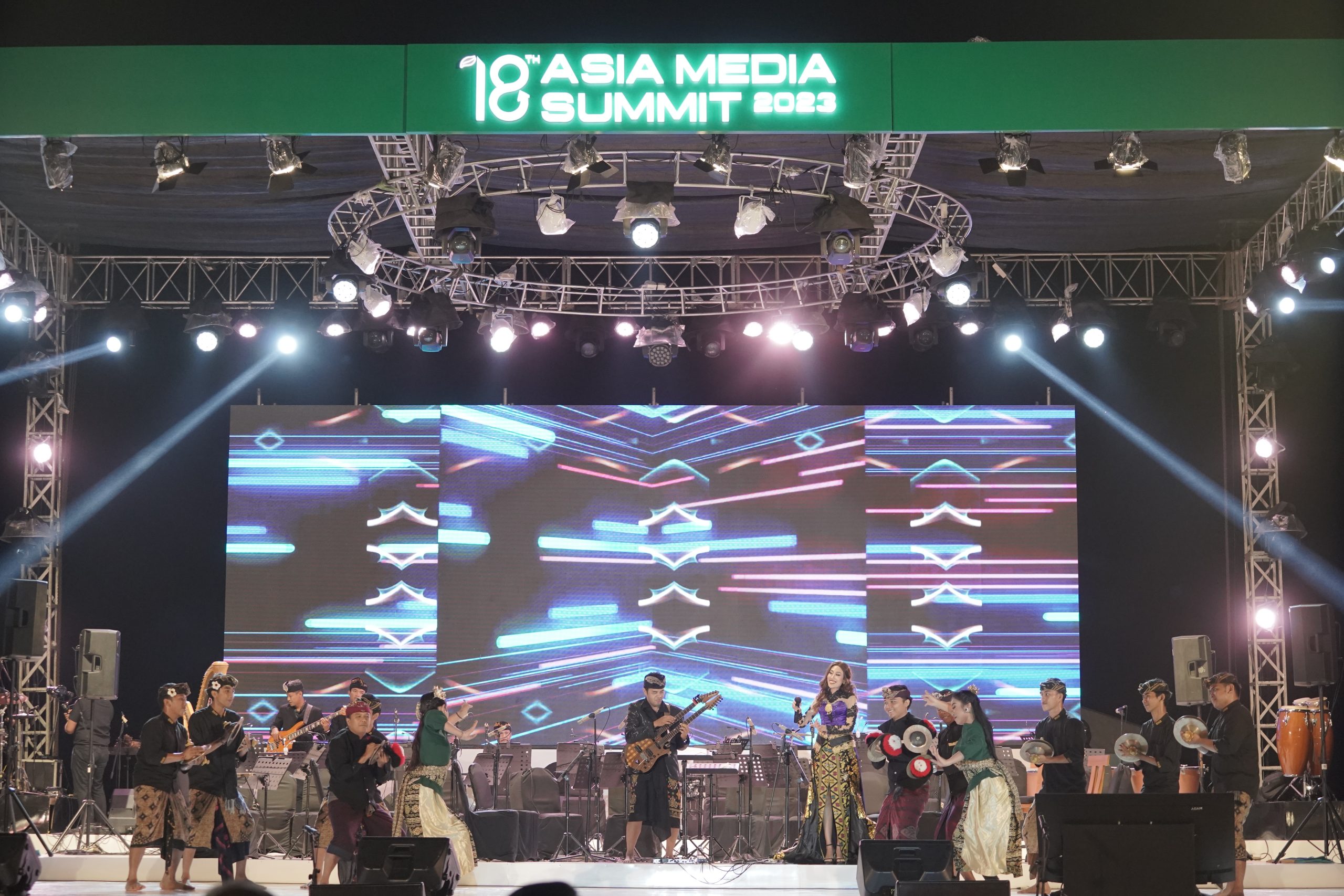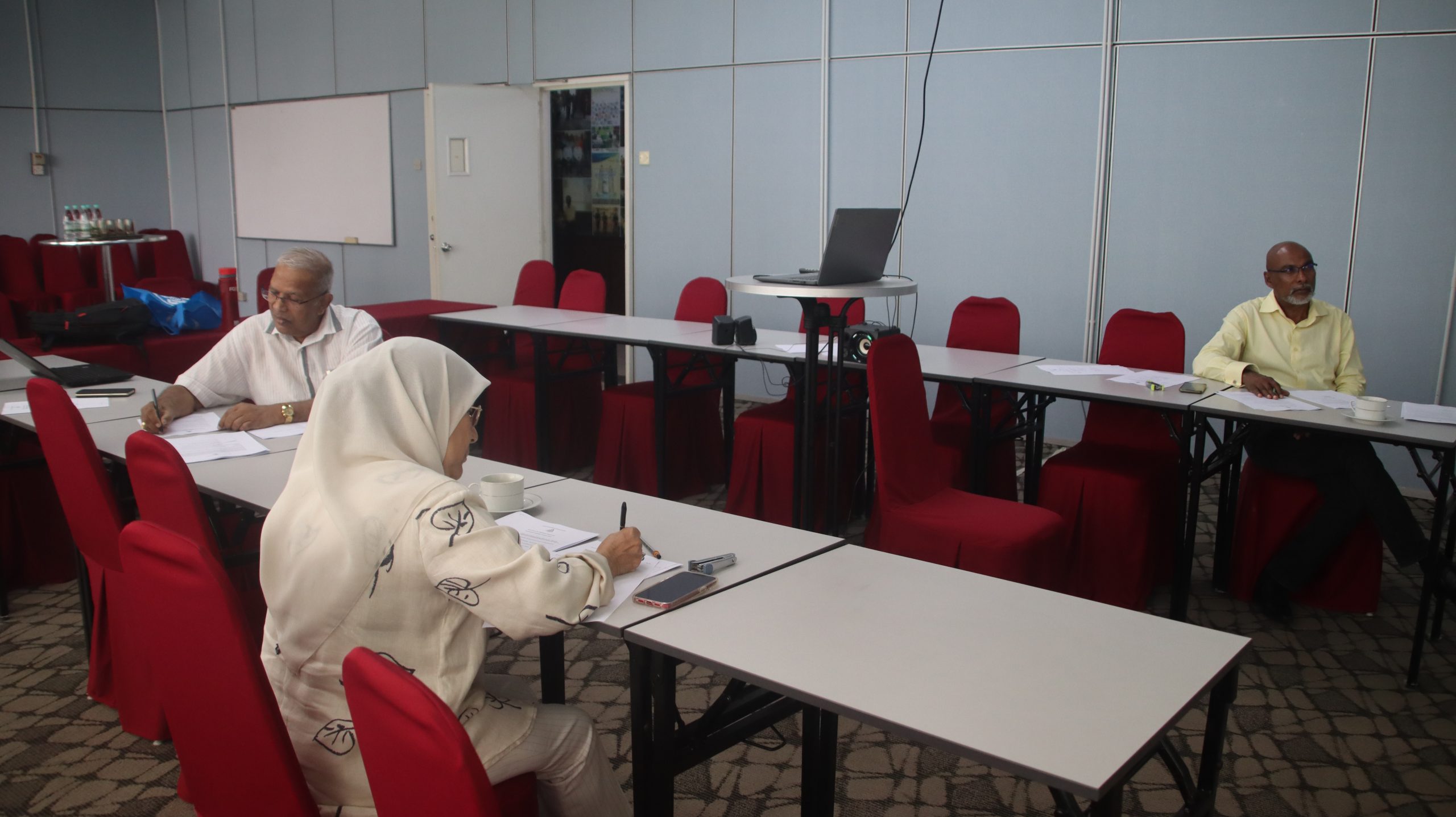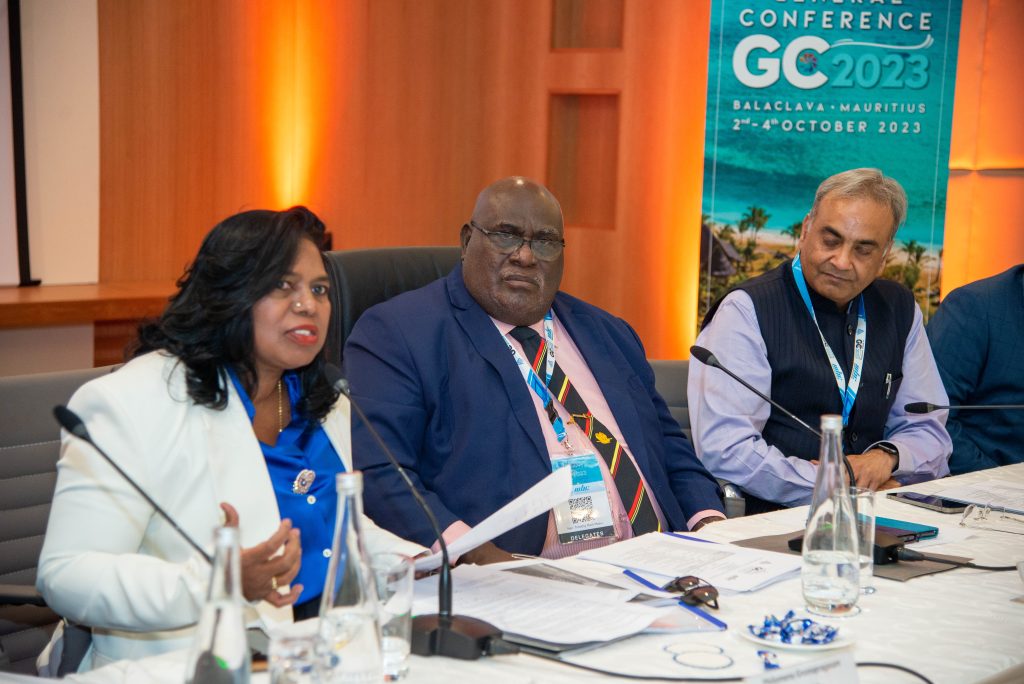 In a significant development, the 21st General Conference witnessed the appointment of Hon. Timothy Mark Masiu as a Special Envoy for the Pacific. This momentous event reflects AIBD’s dedication to fostering cooperation and excellence in broadcasting throughout the Asia-Pacific region.
In a significant development, the 21st General Conference witnessed the appointment of Hon. Timothy Mark Masiu as a Special Envoy for the Pacific. This momentous event reflects AIBD’s dedication to fostering cooperation and excellence in broadcasting throughout the Asia-Pacific region.
This appointment recognizes the unique challenges and opportunities within the Pacific and underscores AIBD’s commitment to tailoring its efforts to meet the region’s specific needs. The Pacific region is diverse, with a rich tapestry of cultures and languages. The appointment of Hon. Timothy Mark Masiu, also underscores AIBD’s dedication to promoting unity and collaboration among Pacific broadcasters, enabling the exchange of knowledge and best practices.
This collaboration sets the stage for an era where the Asia-Pacific region thrives as a center for broadcasting innovation and excellence. Information and communication technology will be harnessed to its full potential, enhancing the media landscape.
As we move forward, we eagerly anticipate the initiatives and policies that will emerge as a result of this appointment. Together, we look ahead to a new era where media continues to be a force for positive change and development in the Pacific region.
Hon. Timothy Mark Masiu Appointed Special Envoy for the Pacific by the AIBD General Conference
In a significant development, the 21st General Conference witnessed the
Nepal elected as Vice-Chair of AIBD Executive Board
In a momentous development at the 48th Annual Gathering /
India Re-elected as President of AIBD for 3rd Consecutive Term
In an unprecedented development, India has been elected as the
AIBD continues on to Myanmar: Delicate Balance between Disinformation and Truth
Campaign on Transcending Disinformation towards Responsible Media Consumption By Monica Phang
Empowering Journalists for Climate Change Reporting
From September 12–15, 2023, the AIBD hosted a four-day workshop
Exploring Media Leadership in the Digital Age: Prominent Broadcasters Gathered in Bali to attend the AIBD/IPPTAR/EBU/DW Leaders for Digital Revolution workshop prior to AMS2023
By Dinnierose Raiko In the ever-changing realm of digital transformation, broadcasters,
“The 18th Asia Media Summit (AMS) 2023 serves as a platform for world’s leaders to learn from each other, State-of-the-art Technology”, said Mr Suhaimi Sulaiman, Director General of RTM
The 18th Asia Media Summit (AMS) 2023 serves as a
Day2- Future of Television Masterclass
Broadcasting media has always played a vital role in disaster
AIBD International Media Awards 2023 Celebrates Excellence in Broadcasting and Media
Nusa Dua, Bali - May 23, 2023 - The prestigious
AIBD International Media Awards 2023
AIBD is delighted to announce the final nominations for the


